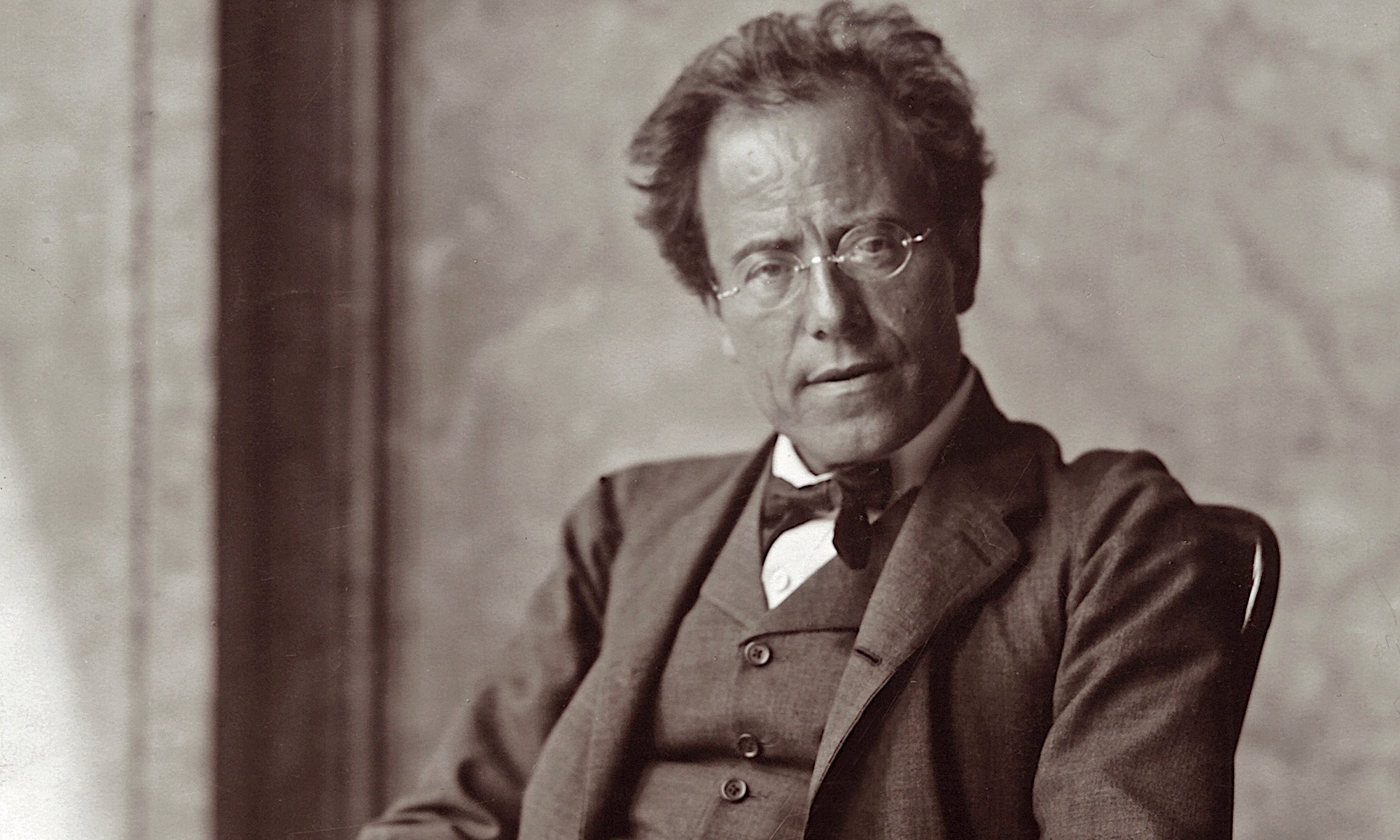- Profession: Conductor.
- Residences: Riga, St Petersburg, Vienna, Amsterdam.
- Relation to Mahler: Amsterdam Royal Concertgebouw Orchestra (RCO)
- Correspondence with Mahler: No.
- Born: 14-01-1943 Riga, Latvia.
- Died: 01-12-2019 St Petersburg, Russia.
- Memorial service: 05-12-2019 Grand Hall of the Philharmonie (Hall of the Nobles), St Petersburg, Russia. The opening music that played in Philharmonic Hall was Mahler’s second symphony, infinitely meaningful for him. The ceremony lasted three hours. In 1902 Gustav Mahler conducted here.
- Buried: Some days later there will be a private interral in the Volkovo cemetery, St Petersburg, Russia. He will be laid to rest beside the ashes of his father, Arvid.
- In memoriam: 06-12-2019 Amsterdam, the Netherlands. The Amsterdam Royal Concertgebouw Orchestra (RCO) played Jean Sibelius (1865-1957) – ‘Valse triste‘ without conductor. In memory of Mariss Jansons (1943-2019). It was one of his most loved encores.
Mariss Jansons, Chief Conductor Amsterdam Royal Concertgebouw Orchestra (RCO/KCO), period 2004-2015.
Farewell Concert at the Royal Concertgebouw, Amsterdam, 20-03-2015.
Performing with the Amsterdam Royal Concertgebouw Orchestra (RCO/KCO) and Thomas Hampson (1955): Gustav Mahler, Des Knaben Wunderhorn.
Thomas Hampson (1955) and Mariss Jansons (1943-2019), Amsterdam, 20-03-2015.
Thomas Hampson (1955) and Mariss Jansons (1943-2019), Amsterdam, 20-03-2015.
Mariss Jansons (1943-2019) and Her Majesty Queen Maxima of the Netherlands (Patron of the Royal Concertgebouw Orchestra), Amsterdam, 20-03-2015.
Vesko Eschkenazy (Concertmaster), Mariss Jansons (1943-2019) and Tatjana Vassiljeva (Principal cellist), Amsterdam, 20-03-2015.
- Video Farewell Amsterdam: Mariss Jansons and his present (a painting by Sam Dillemans).
- Video Farewell Amsterdam: Applause.
01-12-2019 Mariss Jansons (76) died
In his hometown of St Petersburg, conductor Mariss Jansons died at the age of 76. He was chief conductor of the Amsterdam Royal Concertgebouw Orchestra (RCO) for eleven years, where he stopped in 2015 due to a heart condition. He joined the Concertgebouw Orchestra in a long tradition, with the emphasis on works by composers such as Anton Bruckner (1824-1896), Gustav Mahler (1860-1911), Dmitri Shostakovich (1906-1975) and Richard Strauss (1864-1949). Janssons was praised for the deep and melodious sound of his performances.
In June he canceled a planned concert series with the Bayerische Rundfunk symphony orchestra on medical advice.
Jansons was born in 1943 in the Latvian capital Riga, as the son of musicians. When he was thirteen, he moved with his parents to Leningrad (present-day Saint Petersburg), where his father became conductor. Jansons started as a violinist, but soon followed in his father’s footsteps. One of his teachers, Herbert von Karajan, wanted to take him to West Berlin, but the Soviet authorities did not allow that.
He was allowed to go to Oslo in 1979, where he was then chief conductor of the Oslo Philharmonic Orchestra for 21 years, which under his leadership developed into an orchestra of international renown.
In 1985 he performed for the first time in the Netherlands, as a conductor of the Philharmonic Orchestra of Leningrad. After cheering criticisms, the Rotterdam Philharmonic Orchestra contracted him for concerts and in 1998 he made his debut with the Concertgebouw Orchestra.
After the end of the Soviet Union, he conducted all major orchestras and worked with a crowded schedule, for which he traveled the world at breakneck speed. In 1996 it turned out that it had a price: during a concert in Oslo, he suffered a cardiac arrest, which he barely survived.
In 2004 he succeeded Italian Riccardo Chailly (1953) in Amsterdam and became the sixth chief conductor in the history of the Amsterdam Royal Concertgebouw Orchestra (RCO). He was also then chief conductor with the orchestra of the Bavarian broadcaster, which he remained until his death. He also often performed with the Wiener Philharmoniker. Among other things, he conducted the New Year’s concert of 2006, 2012 and 2016.



